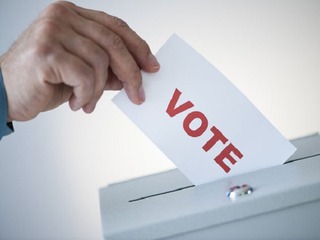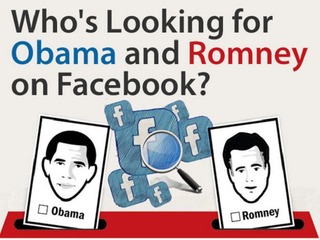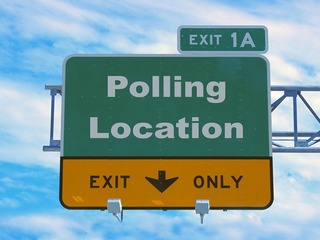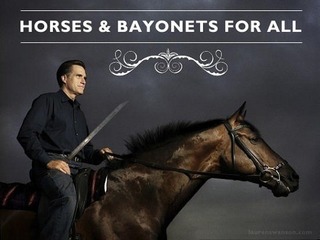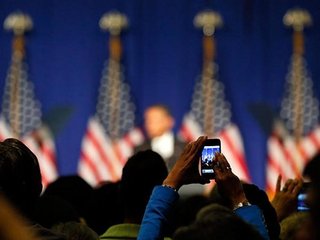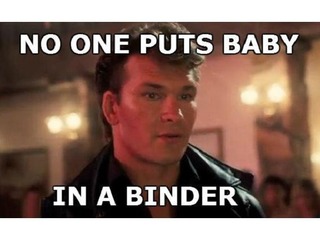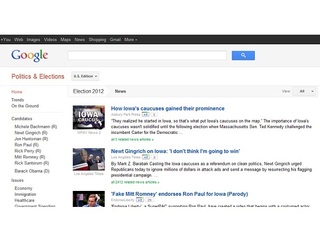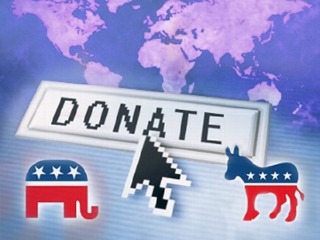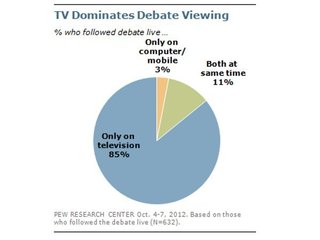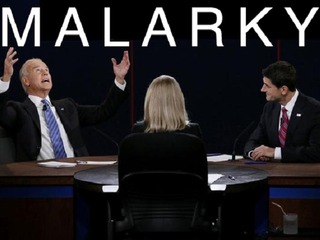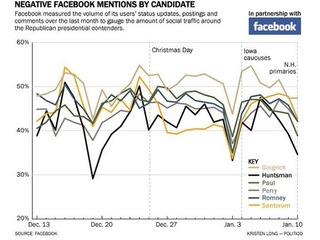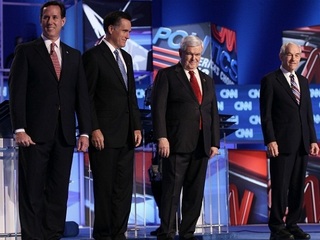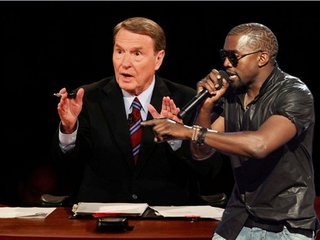Trump rescinds Biden executive order on artificial intelligence
The EO set AI safety and security standards and called for a report on AI's impact on labor
Read more...
After tomorrow, what feels like years of endless campaigning, advertising, sniping and general nastiness, will all come to an end. Either Barack Obama will get another four years in the White House, or Mitt Romney will get his shot. And people will write books, and bicker for years of why each candidate lost or won.
One aspect that is sure to come up is how each candidate performed on social media. It's hard to forget that social media is a pretty new thing, and has only been a factor for the past two elections. For that reason, it is not really clear yet if engagement on social media really makes that big of a difference as to who wins or loses, but it is still interesting to take a look at the numbers and see if they correlate at all.
Social analytics company Socialbakers released a study Monday on how each candidate has done on Facebook. Here are the results:
The debates
SocialBakers first looked at the data after each of the four debates, the three between Romney and Obama, and the vice presidential debate between Joe Biden and Paul Ryan, to see who came out of each one as the victor on social media.

In the first debate Obama took the social media lead with 1.4 million Likes spread over three posts, which generated 1.6 million interactions in total for the day, compared with one million for Romney and a total of 1.1 million interactions from six posts. Where Romney did win was in the Engagement Rate, which was just short of 14.12% for the first debate, compared with just under 6% for Obama. It's interesting that Obama won two out of three categories for a debate where that he was widely seen as having lost badly.

Paul Ryan trouned Joe Biden in the Vice Presidential debate, a complete reversal of the results from the Romney and Obama debate before it. Ryan put up four posts that day, which generated over ten times the number of Likes that Biden’s three posts received. While Biden had twice Ryan’s Engagement Rate , 30% to 15%, Socialbaker says that "this was due to his much smaller, yet obviously dedicated, Facebook fan base."
Ryan’s fan count at the time of the debate was 4.2 million, compared with Biden’s 434,940.
"More fans, more potential Interactions, fewer fans, easier-to-achieve Engagement Rates," Socialbaker writes.

Romney beat Obama in every category during the second Presidential debate. He had more like, higher engagement and more interactions, but Socilbaker attributes to the total of three posts put up by Obama and Biden, compared to 13 altogether from Romney and Ryan.
"They managed to maintain high Engagement Rates of 12.72% and 18.16% respectively, compared to only 3.17% for Obama that day," says Socialbaker.

The last debate once again saw Romney coming out ahead on social media, leading in each category.
"Romney stole the day again in terms of number of posts (6), Interactions (1.17 million) and an Engagement Rate of 11.38%, compared to Obama’s 3.35%. It should be noted (again) that Romney’s Engagement Rate is consistently higher than Obama’s, primarily due to the fact that his fan base is roughly one-third the size."
There seems to be an interesting trend that went on during these debate: Obama was widely seen to have lost the first debate badly, then come back to beat Romney in the second two. Yet, Obama lost on social media in the two debates that he was supposed to have won.
While this may be because Obama generally posted less, and Romney's higher engagement comes from his smaller, and more loyal group of Facebook followers (Romney only has less than 12 million Facebook likes, compared to nearly 32 million for Obama) but that does not account for Romney getting more Likes and total interactions.
Perhaps it is also because people instintively rally around their candidate when they think he or she has lost, and feel the need to give them more support.
Most engaging posts
The same dynamic came into play in the top post from each candidate.

For Obama, it was a picture of him with his family, which got over 657,000 likes, over 24,000 comments, 46,000 shares but only 2.65% engagement.
Romney, obviously, was going to win engagement, but he absolutely killed Obama this time with nearly 28% of his followers interacting with his top post, an ad asking for them to help him get to 5 million Likes.
What is more surprising is that the post topped Obama's in Likes, comments and shares too. The post got over one million Likes, 105,000 comments and nearly 63,000 shares.
Of each candidate's top three posts, that is the only one where Romney came out ahead, but it is also the only post that got over one million likes.
So what are we to conclude from this? Does Romney's higher engagment from less supports mean that he will win the election? Probably not, if we look at an example such as Ron Paul, who has the most enthusiatic followers, but couldn't win his own party's nomination.
More likely, what the candidates will take from this is that, while it's nice to have a larger number of supporters, it does not mean much if you can't get them to interact.
Since social media is so new, campaigns are only beginning to figure out how to fully engage their fans.
(Image source: https://www.socialbakers.com/)
The EO set AI safety and security standards and called for a report on AI's impact on labor
Read more...The agency also published draft guidance on the use of AI in drug development
Read more...The biggest focus areas for AI investing are healthcare and biotech
Read more...